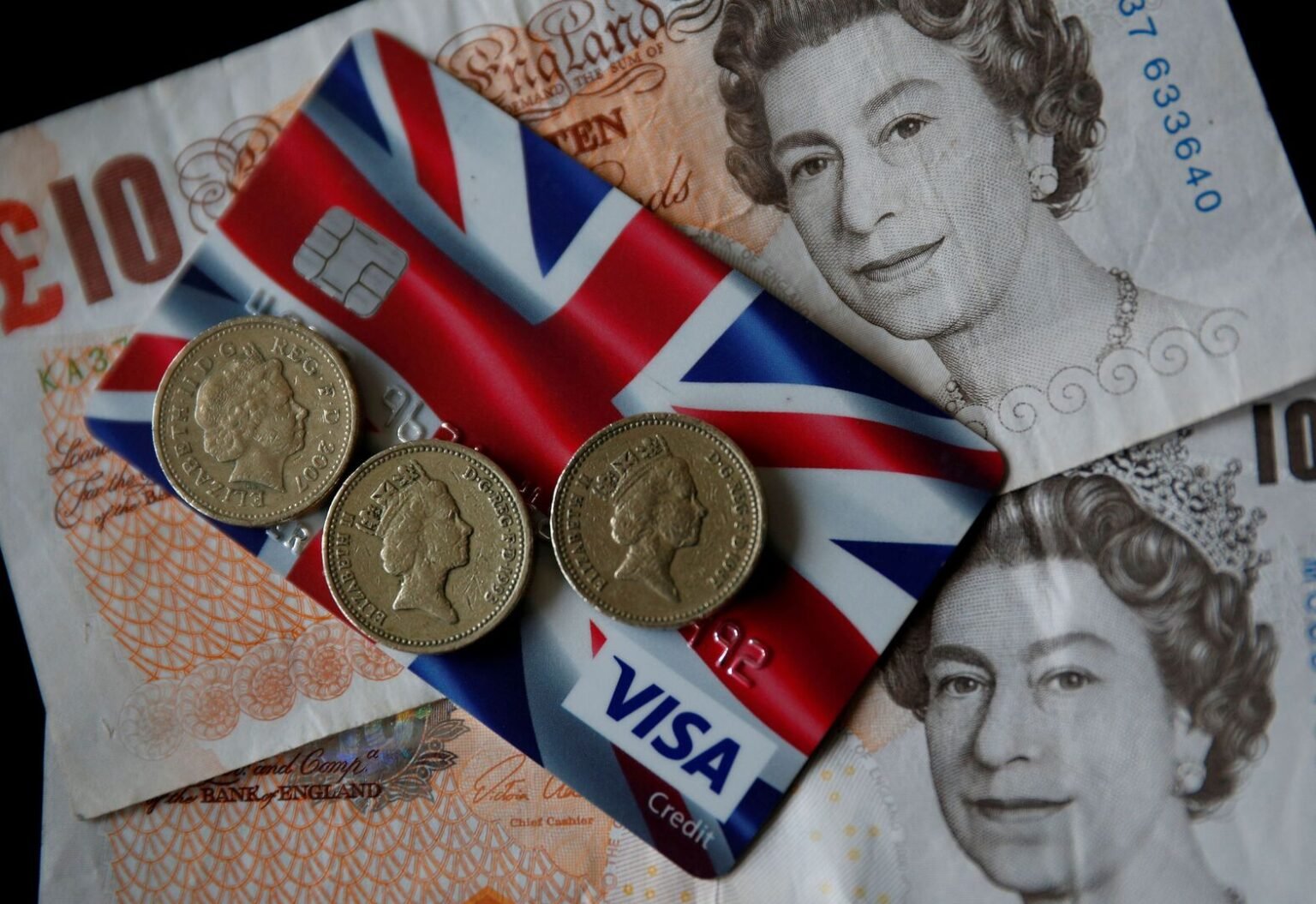Inflation in Britain Accelerates to Highest Level in 10 Months
Inflation in the United Kingdom saw a notable surge in January, reaching its highest level in 10 months. This increase was primarily driven by rising costs of airline tickets, car fuel, and food, as well as the introduction of Value Added Tax (VAT) on private school fees.
According to the Office for National Statistics, consumer prices in Britain rose by 3% year-on-year, up from a rate of 2.5% recorded in December. These figures, released on Wednesday, exceeded expectations from Bloomberg News and were also higher than the Bank of England’s forecast of 2.8%.
The latest inflation data is likely to heighten caution at the Bank of England regarding potential interest rate cuts to support the struggling economy.
However, Bank of England Governor Andrew Bailey downplayed the threat posed by the expected rise in inflation this year. Officials noted they cannot rule out “second-round effects” that could keep underlying inflationary pressures elevated for a longer period.
The Bank of England anticipates inflation will peak at 3.7% in the third quarter, largely driven by rising energy costs and fees for services such as household water supply.
Following the release of the inflation data, the British pound declined, trading at $1.2616. Suren Thiru, Economics Director at the Institute of Chartered Accountants in England and Wales, told Bloomberg News that the spike in inflation makes an interest rate cut in March by the Bank of England “unlikely.”
Thiru added, “These figures confirm an ‘unwelcome’ rebound in inflation, with rising airline ticket prices and the introduction of VAT on private school fees significantly widening the gap from the central bank’s 2% target.”
Price growth in the services sector—which the Bank of England closely monitors for signs of domestic pressure—accelerated to 5% last month from 4.4%. The bank had expected a services inflation rate of 5.2%.
One driver of services inflation was the controversial 20% VAT imposed on private school fees, a new
policy by the Labour government designed to help fund public services. Private school fees surged by
approximately 13%, pushing education inflation to 7.5%—the highest level in nearly a decade.




